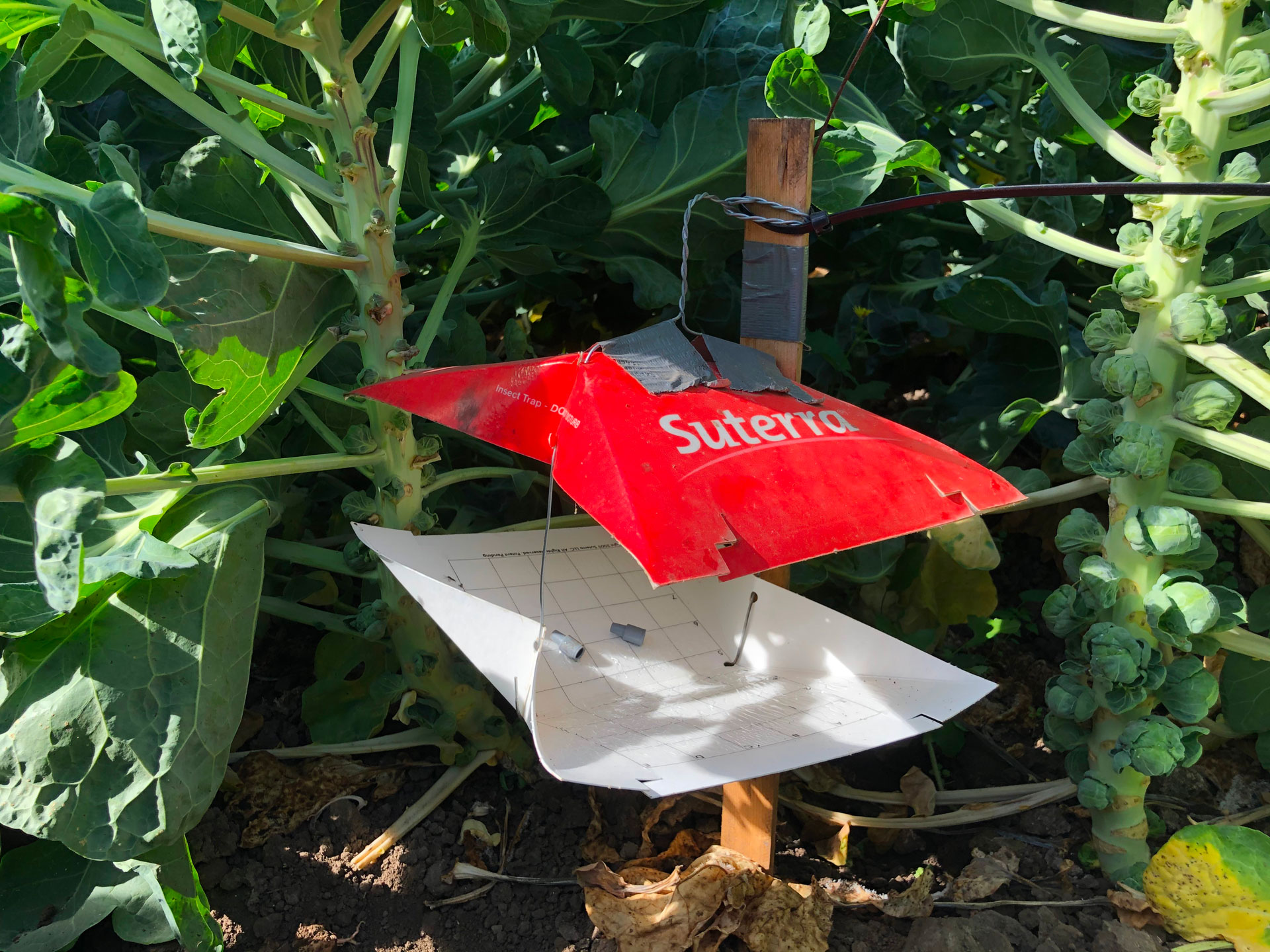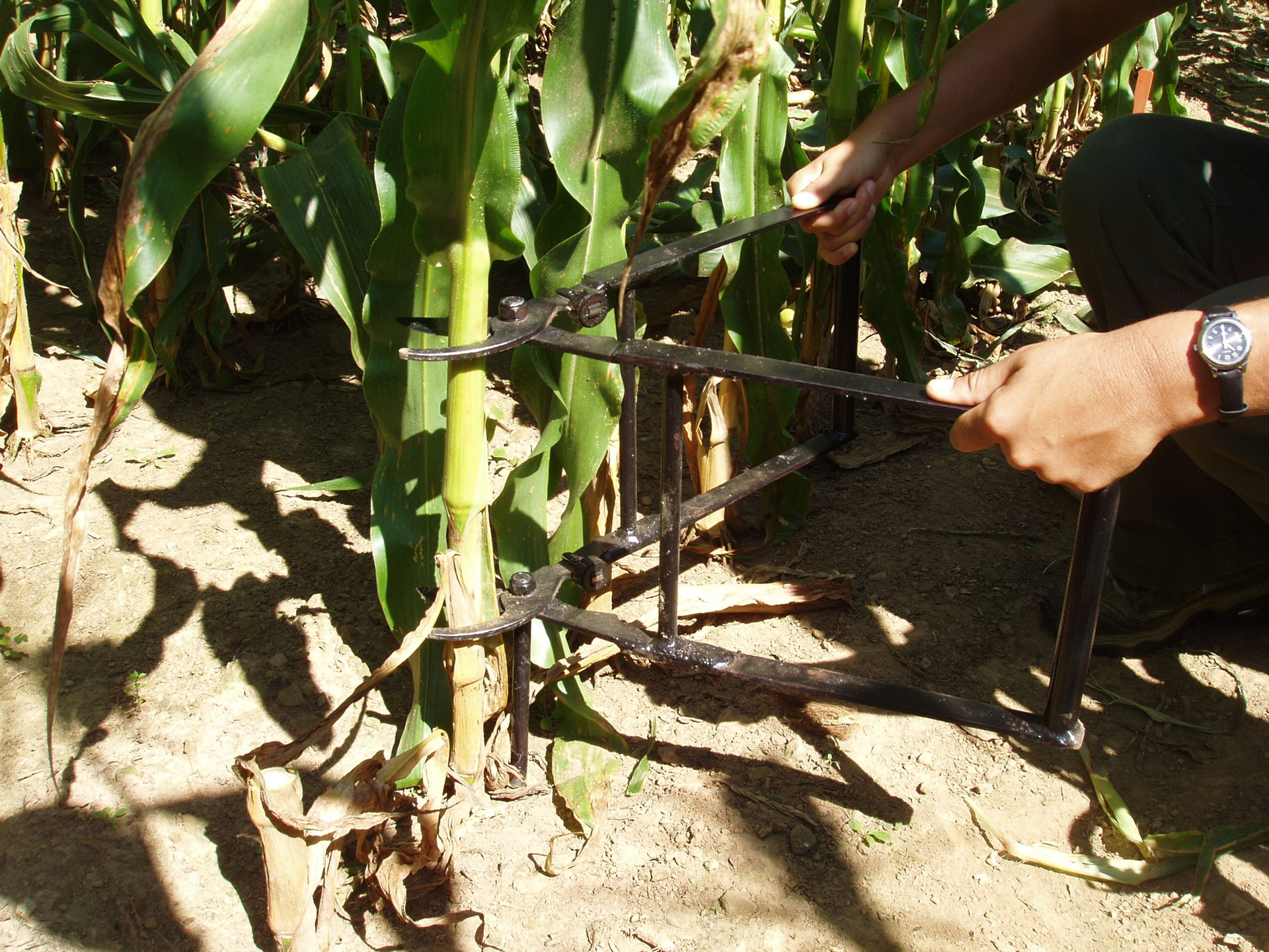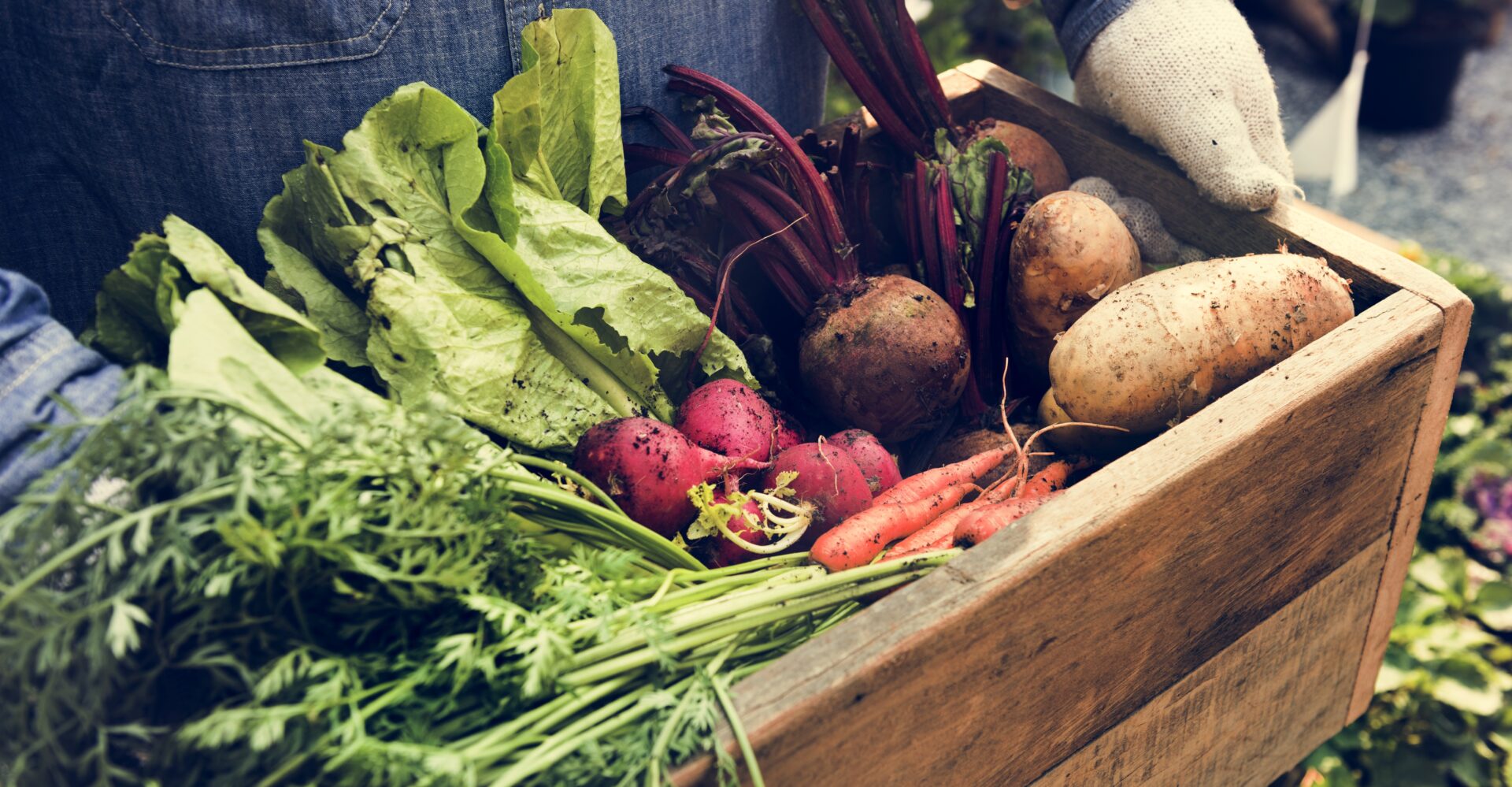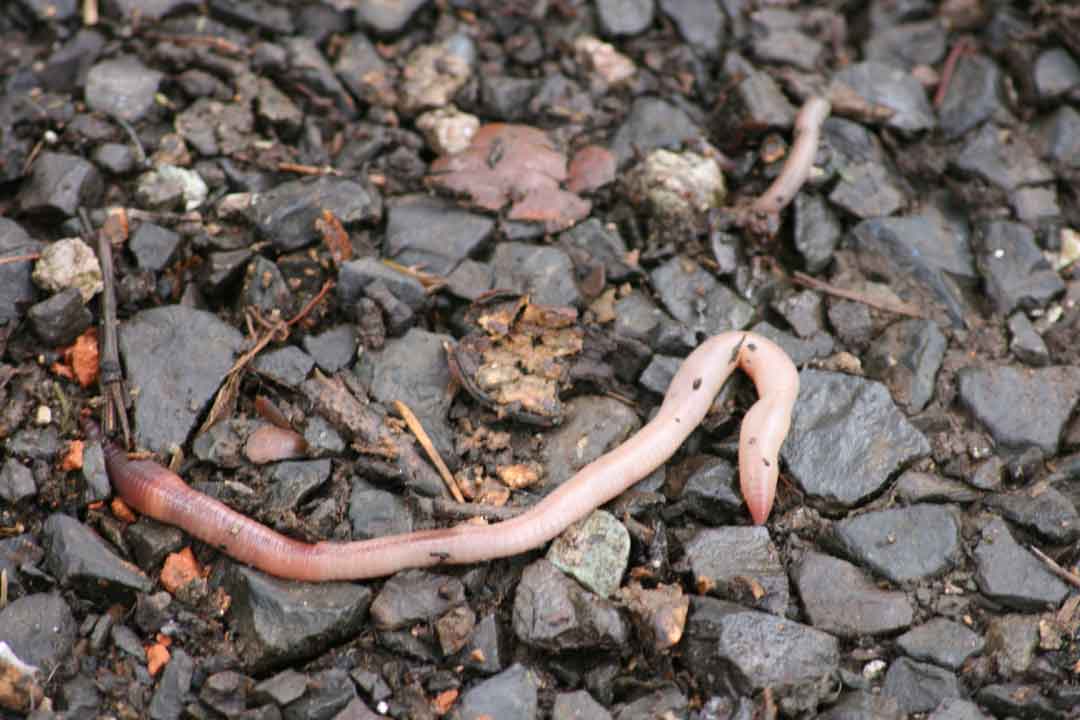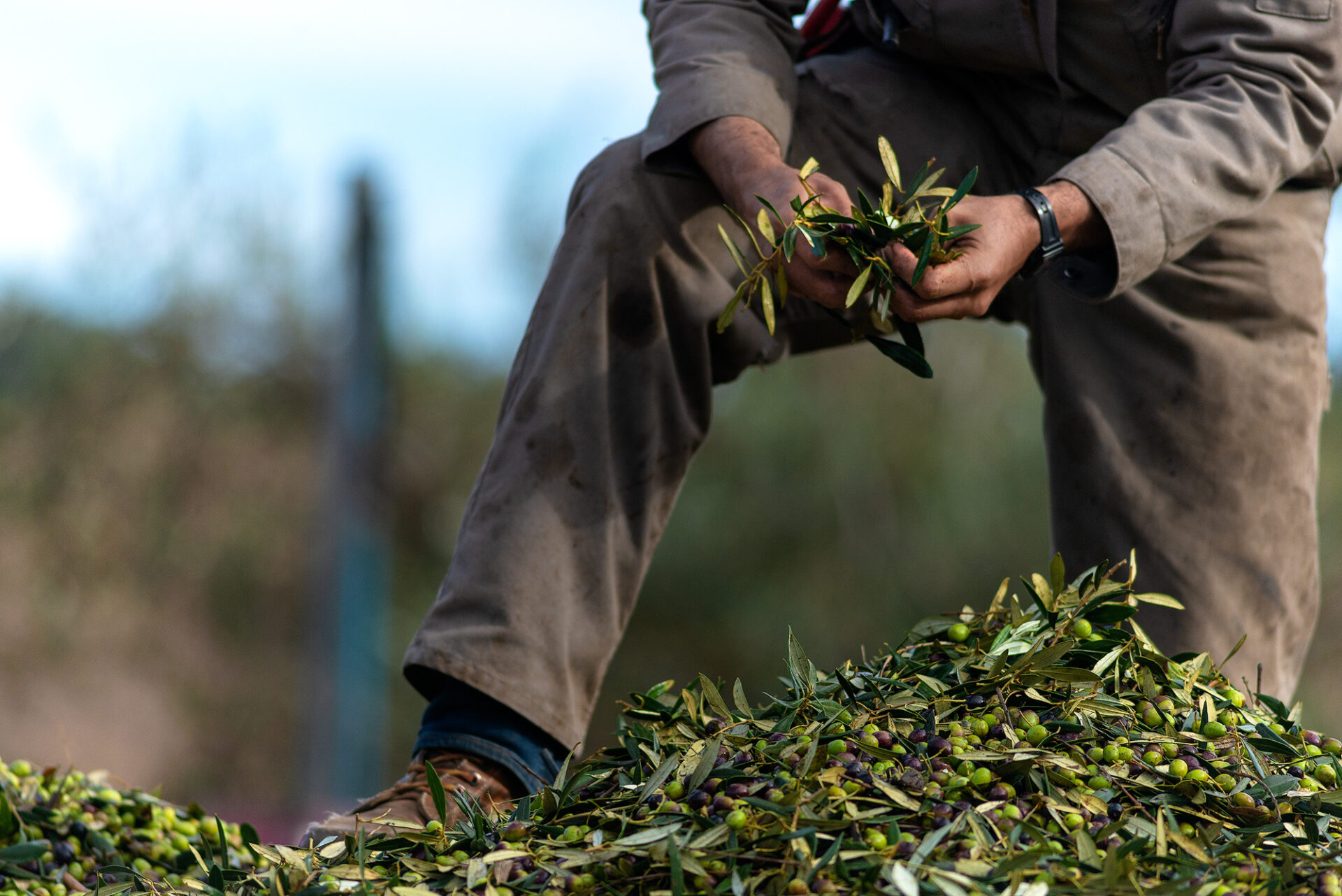
Dr. Javier Fernandez Salvador is the executive director of the UC Davis Robert Mondavi Institute Olive Center. For more than 20 years before his current position, he worked extensively in organic production of various specialty crops and served on an organic review committee, worked in organic certification and conducted organic research. When asked to compare organic olives to other organic crops, he had a wealth of experience to rely on.
Compared to some crops that are more delicate or have more pest and disease pressure, olives can face fewer problems with organic production, Salvador said. Still, there are some threats to olives that can be difficult to manage organically. Among them, the fungal disease olive knot.
Olive Knot
“Olive knot comes after pruning, which is normally in the winter here,” Salvador said. “If your neighbor has a lot of it, or if you’re sharing labor or pruning crews with your neighbor, you might bring in olive knot.”
Olive knot can be difficult even for conventional growers to manage. If infections occur on the trunks of young trees, it can kill them. On older trees, it can lower productivity and cause the fruit to have an off flavor. Management is primarily preventative. One method is to prune during the dry months of summer to prevent fungal growth. Preventive bactericide applications are also advised. Salvador said there are some organic options, such as applying copper after pruning.
“But it’s much easier and better if your system and location is geared for organic production from the get-go,” he said. That would include maintaining a high level of orchard sanitization geared toward preventing the spread of such crop diseases. Salvador has seen practices such as shoe covers or full body suits used to prevent cross-contamination used in organic crops in other countries, but it hasn’t become common practice here.
“It would be good to do,” he said.
Yield Disparity
Another consideration for organic producers, especially those converting from conventional to organic acreage, is the difference in yield.
“When you talk about conversion, I think one of the important things to consider is what is your goal regarding yield,” he explained. “For example, there’s a couple of very large producers here in California who work with thousands and thousands of acres who are now exploring and starting to transition some acreage to organic. In their system, trying to reach the same yield that they reach in conventional could be challenging because of how intensive it could be for that type of super high-density plant. We really don’t have a lot of data on super high-density planting when it comes to organic production.”
He said a lot depends on the grower’s goals.
“If your goal is to continue to obtain a lower yield but to focus on quality, then you can probably convert or establish an orchard with organic practices that is not extremely risky or cumbersome to do,” he said. “You have to account for that when you’re talking about high quality and low input. That comes with the philosophy and the mentality that you understand from the beginning that your goal won’t be to produce an incredible tonnage per acre but to focus on obtaining a high-quality crop that can be managed organically.”

Organics at McEvoy Ranch
A focus on quality is the goal at McEvoy Ranch.
“For us, the core of our organic farming is tending the soil and having healthy soil as the basis of our farming operation,” said Samantha Dorsey, president of McEvoy Ranch, a family-owned farm in Petaluma, Calif. that produces organic olive oil as well as wine, jams and several other products. “That includes having soil that’s alive, active and full of microorganisms and nutrients. And I think for most organic farmers, that’s the heart and soul of their organic farming, ensuring that their soil has excellent conditions so they can produce an excellent crop.”
Dorsey said the main differences she has found between organic and conventional crops are in weed control and fertilizer availability.
“We end up investing more in our weed control and our fertilization program just because we have a different toolbox that we can use,” she said.
Another factor for all farmers in California is the availability of water, or lack thereof. When it comes to drought, Dorsey expects there to be a long-term effect on the crop.
“I think it’s going to be that we will likely see fewer tons per acre, or as some farms measure it, gallons per acre that they’re able to get out of the final product. I think we’re going to see a decrease in tons per acre as the trees stabilize and learn to live with less water,” Dorsey said. “But it’s going to depend on the water source. Our ranch here in Petaluma, we’re 100% dependent upon surface water runoff and surface irrigation ponds. We don’t pull any groundwater. Whereas there are many farmers who are working off well water whose water supply is going to last longer than someone like us. We’re really suffering this year because our ponds never filled.”
She said they were missing about two-thirds of the water that they usually get in winter. The low water supply also inhibits the uptake of nutrients by the trees. Trees need water to carry the nutrients from the soil into the roots. To help the trees get some of the nutrients they need, the ranch used organic nitrogen pellets throughout the orchards. However, the area didn’t get the rain it needed to fully work those pellets into the soil.
“The nutrients are there, they’re just not available to the trees,” she said. The ranch is focusing its water resources on the two orchards that have the highest crop set.
The trees at McEvoy were imported from Italy and have been producing olives since the ranch was founded in 1990. Despite the extra challenges and costs that come with organic farming, Dorsey said McEvoy Ranch will stay organic.
“The McEvoy family has remained 100% committed to that throughout the life of the company. And that’s part of the joy of working for a family company,” she said. She has worked for the McEvoy’s for 20 years.
“Part of why I’ve stayed and worked for them for so long is that commitment to sustainability and to the organic production.”


